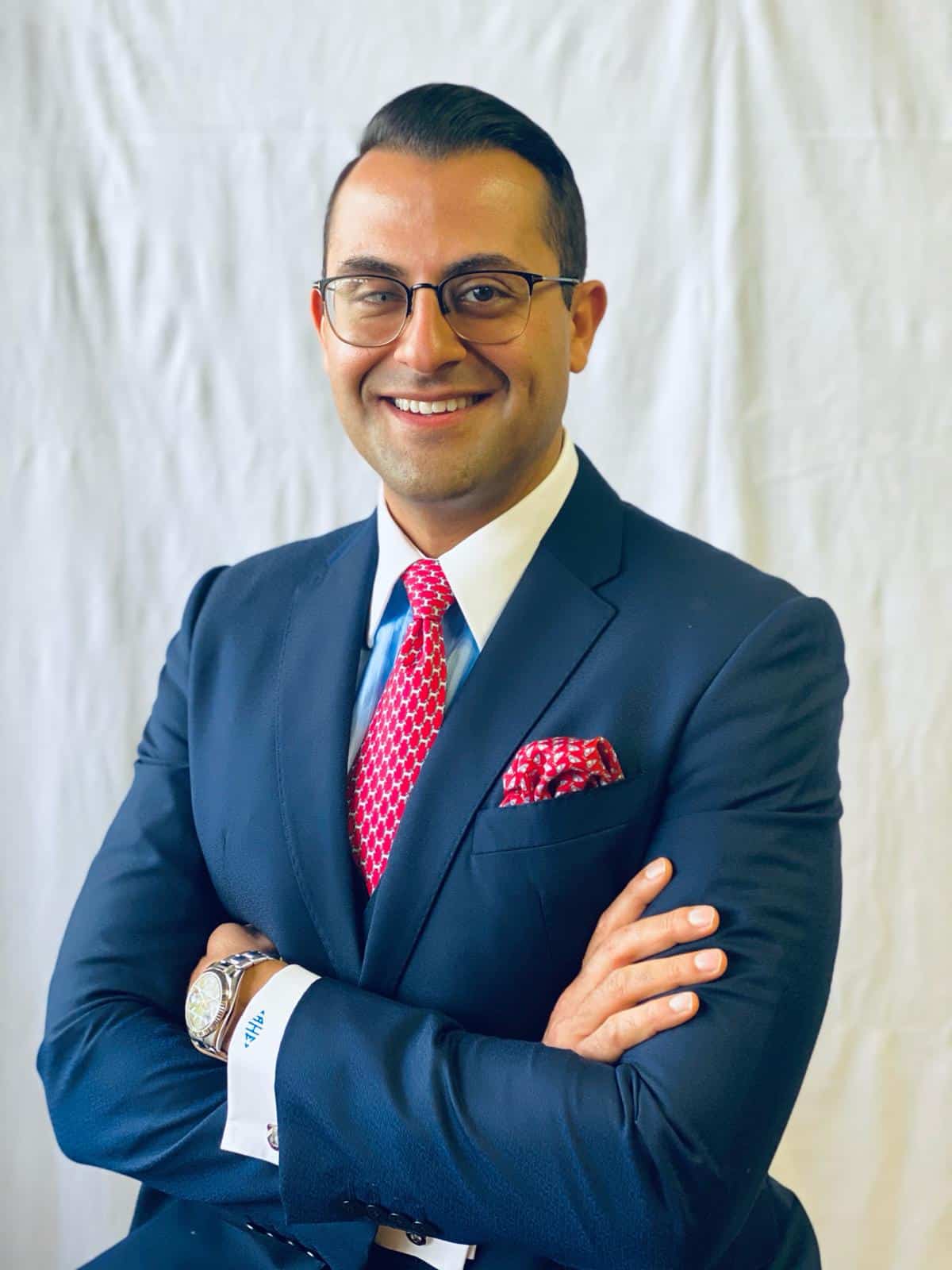
Fostering Resilience After Stroke: Dr. Ameer Hassan’s Advice
Surviving a stroke is just the beginning of a challenging journey toward recovery and rehabilitation. Beyond the physical effects, stroke survivors often face emotional and psychological hurdles as they navigate the changes brought about by their condition. Dr Ameer Hassan, a distinguished expert in neurocritical care, offers invaluable advice on fostering resilience after stroke – empowering survivors to overcome obstacles, reclaim their lives, and thrive in the face of adversity. In this article, we explore Dr. Hassan’s insights and recommendations for promoting resilience in the aftermath of stroke.
Central to Dr. Hassan’s approach is the recognition of the holistic nature of stroke recovery. While physical rehabilitation is undoubtedly important, it is equally crucial to address the emotional and psychological needs of stroke survivors. Dr. Hassan emphasizes the importance of providing comprehensive support services that encompass mental health counseling, peer support groups, and caregiver education. By addressing the emotional impact of stroke and fostering a supportive environment, survivors can build resilience and adaptability in the face of adversity.
Education is another cornerstone of Dr. Hassan’s approach to fostering resilience after stroke. He encourages survivors and their caregivers to educate themselves about the nature of stroke, its potential consequences, and available resources for rehabilitation and support. By arming themselves with knowledge, survivors can better advocate for their needs and navigate the complexities of the healthcare system. Dr. Hassan also emphasizes the importance of ongoing communication with healthcare providers, fostering a collaborative relationship that empowers survivors to actively participate in their own care and decision-making process.
Physical rehabilitation plays a vital role in promoting resilience after stroke, helping survivors regain lost function and independence. Dr. Hassan advocates for early and intensive rehabilitation programs tailored to each individual’s unique needs and goals. From physical therapy to occupational therapy to speech therapy, survivors can benefit from a multidisciplinary approach that addresses their physical and cognitive challenges. Dr. Hassan encourages survivors to approach rehabilitation with patience and perseverance, recognizing that progress may be gradual but achievable with dedication and effort.
In addition to physical rehabilitation, Dr Ameer Hassan highlights the importance of lifestyle modifications in promoting resilience after stroke. Adopting a healthy lifestyle that includes regular exercise, a balanced diet, and the management of risk factors such as hypertension and diabetes can significantly reduce the risk of recurrent strokes and improve overall well-being. Dr. Hassan also emphasizes the importance of social engagement and meaningful activities in promoting mental and emotional resilience. Whether through hobbies, volunteering, or social outings, survivors can find purpose and fulfillment beyond their stroke diagnosis.
Finally, Dr. Hassan emphasizes the importance of cultivating a positive mindset in the face of adversity. While the challenges of stroke recovery may seem daunting, survivors have the capacity to tap into their inner strength and resilience to overcome obstacles and achieve their goals. Dr. Hassan encourages survivors to focus on their strengths, celebrate their accomplishments, and maintain a sense of optimism and hope for the future.
In conclusion, fostering resilience after stroke is a multifaceted journey that requires a holistic approach encompassing physical, emotional, and psychological aspects of recovery. Dr Ameer Hassan advice offers invaluable guidance for survivors as they navigate this journey, empowering them to overcome challenges, embrace their potential, and live fulfilling lives beyond stroke. With resilience and determination, survivors can reclaim their independence, find joy in everyday moments, and inspire others with their strength and courage.
Proudly powered by WordPress. Theme by Infigo Software.